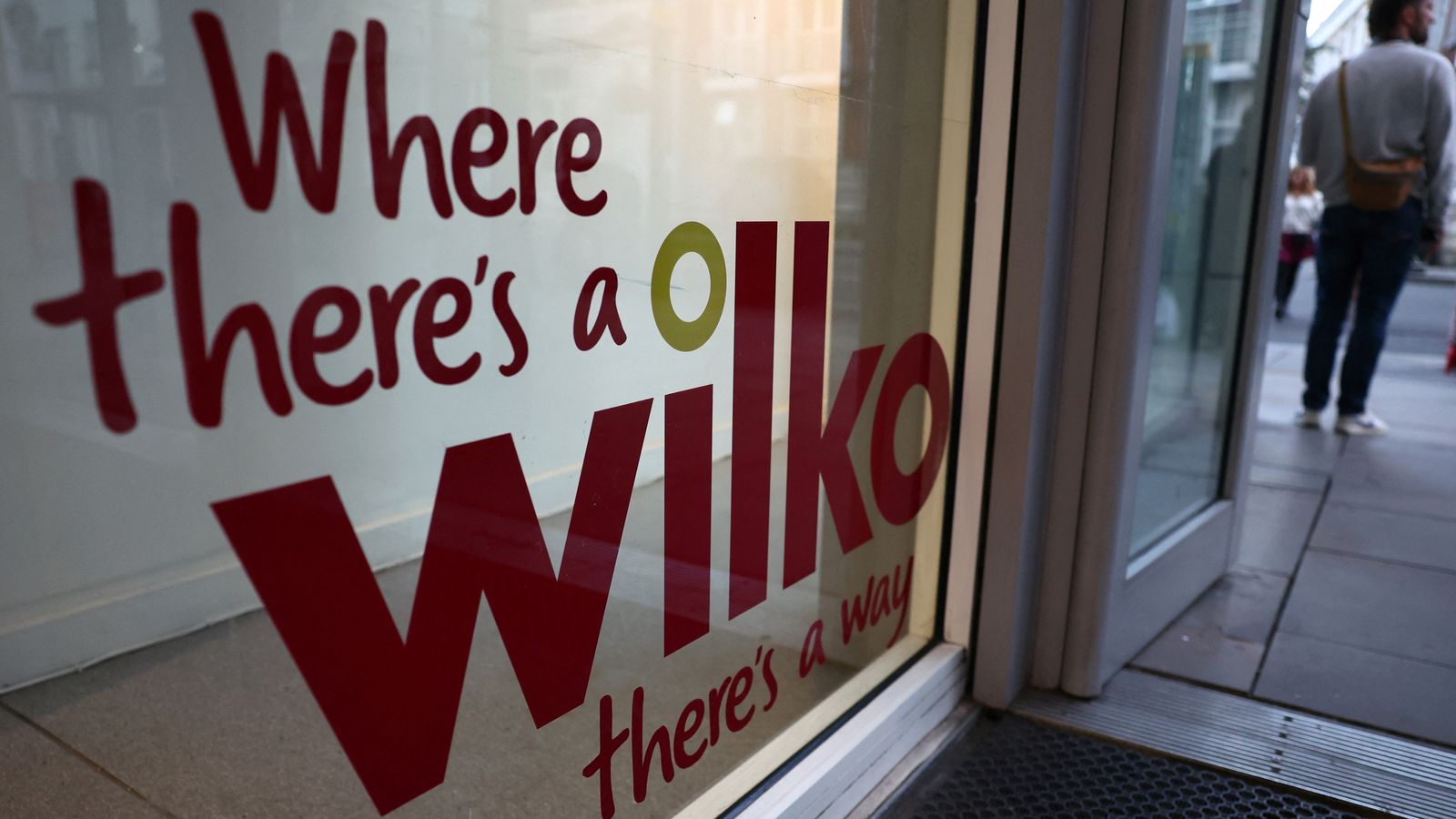Discount retailer Wilko has failed despite catering to precisely the sort of cost-conscious, value driven consumer whose number has been swelled by the cost-of-living squeeze.
While direct competitors B&M, Home Bargains and Poundland, as well as limited-range supermarkets Lidl and Aldi have thrived, its 400 stores and 12,500 jobs are now under threat.
Founded 93 years ago in Leicester as Wilkinsons by James Kemsey Wilkinson, the homeware-to-stationary has succumbed to an unsustainable debt burden despite a rebrand and multiple changes of management.
The most recent turnaround plan came at the turn of year when Wilkinson’s great-grandaughter, Lisa Wilkinson, was removed as chairwoman, and Mark Jackson became the third chief-executive in as many years.
Despite recording a £36.8m loss in 2022 it paid a dividend of £3m to its owners, led by the Wilkinson family, and tried to restructure its debt.
A sale-and-leaseback of a distribution centre raised £48m and a two-year £40m loan from restructuring specialists Hilco was agreed.
In its last accounts, dating to January last year, it warned it would have “insufficient committed financing” to withstand a “severe but plausible downturn in trading activity”, and forecast that sales would continue to decline.
That downturn has now arrived, threatening the viability of a chain that will leave an enormous hole on the high street if its 400 stores – many of them taken on following the collapse of Woolworths, should it follow suit.
